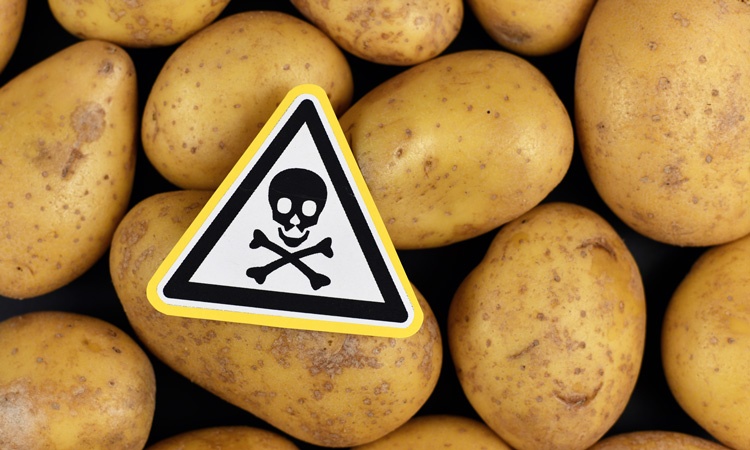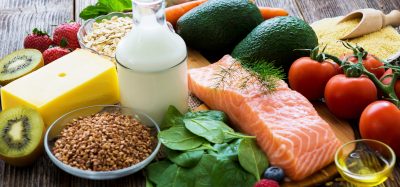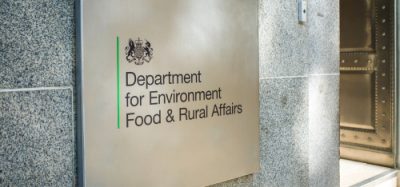Consumers urged to look for ‘tell-tale’ signs of food fraud during COVID-19
- Like
- Digg
- Del
- Tumblr
- VKontakte
- Buffer
- Love This
- Odnoklassniki
- Meneame
- Blogger
- Amazon
- Yahoo Mail
- Gmail
- AOL
- Newsvine
- HackerNews
- Evernote
- MySpace
- Mail.ru
- Viadeo
- Line
- Comments
- Yummly
- SMS
- Viber
- Telegram
- Subscribe
- Skype
- Facebook Messenger
- Kakao
- LiveJournal
- Yammer
- Edgar
- Fintel
- Mix
- Instapaper
- Copy Link
Posted: 3 July 2020 | Sam Mehmet (New Food) | No comments yet
While most of Scotland’s food industry remains legitimate, Food Standards Scotland has noted that there are a small minority of individuals ‘willing to cut corners and take advantage of the pandemic’.


Food Standards Scotland has set out to make consumers in Scotland aware that there may be an increased risk of food fraud during the COVID-19 outbreak.
The Scottish Food Crime and Incidents Unit (SFCIU) has urged consumers to be aware of three key ‘tell-tale’ signs which can help avoid falling victim to food fraud during and after lockdown. These include:
1. The price
Products being sold for a fraction of the usual price seen in butchers, fishmongers or supermarkets may have been tampered with or being sold under false information.
2. Unregistered food businesses on social media/online
There has been an increase in the number of food businesses operating from home and many advertise their delivery services online and through social media platforms. Caterers, like all food businesses, must register with their local authority before they start trading. Unregistered food business may be selling food which has not been processed and prepared under the necessary hygiene conditions required to supply safe food.
3. Fake alcohol, ‘disguised’ as well-known legal brands
Look out for the sale of fake or illegally produced alcohol that is made in unlicensed distilleries or people’s homes. These drinks are often packaged to look like well-known brands, and if the price is noticeably cheap, it might not be the product it claims it is.
“With some disruption to the usual supply chains, and more people staying at home more often due to lockdown, there has been opportunities for unscrupulous traders and individuals to cut corners and sell direct to individuals and retailers,” said Ron McNaughton, Head of the SFCIU.
“This could include for example meat and fish products that have not been properly processed through the supply chain, or cheap fake alcohol.
“Food crime is not only illegal and deceptive, but potentially harmful to health so we are urging consumers not to be tempted by offers that seem too good to be true – because they most likely will be.
“Our latest consumer survey shows only eight percent of consumers in Scotland have a good understanding of food crime.
“Remember – criminal activities potentially put consumers and industry at risk, so if you have any knowledge or suspicion of food crime, please call our free hotline which is run in partnership with Crimestoppers on 0800 028 7926.”
Related topics
COVID-19, Food Fraud, Food Safety, Health & Nutrition, Packaging & Labelling, Regulation & Legislation, The consumer








